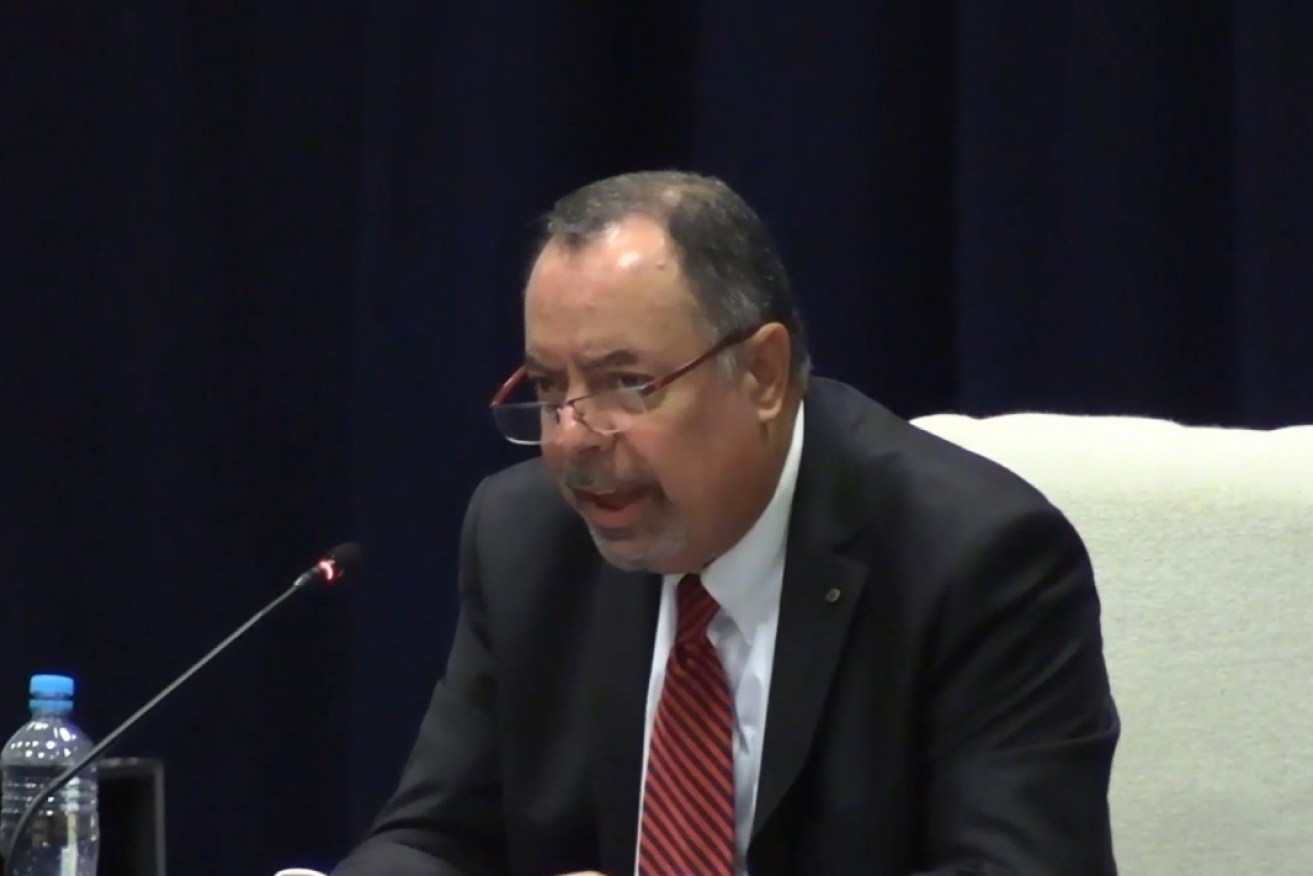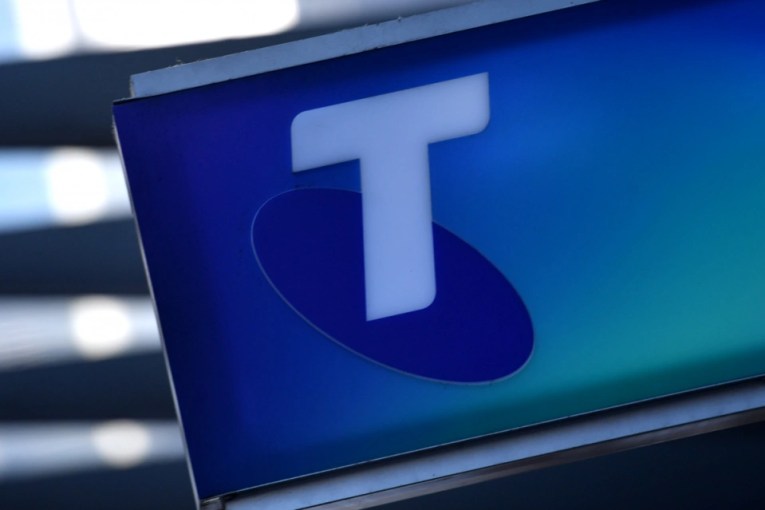True veteran suicide rate under spotlight

Nick Kaldas says the inquiry is a "once in a generation opportunity" for lasting change. Photo: AAP
The true rate of suicide among serving defence members and veterans is likely to be higher than current surveys indicate, a royal commission has been told on its first day of public hearings.
In an opening address to the Royal Commission into Defence and Veteran Suicide, senior counsel assisting Kevin O’Connor SC said veteran’s organisations had long disputed the official suicide statistics reported by the Department of Defence and Veterans’ Affairs.
“Their concern was that the official number was low and not reflective of what they were seeing on the ground,” Mr O’Connor said on Monday.
“This appears very much to be the case.”
In 2016, the Australia Institute had only reviewed suicide deaths among serving and ex-Australian Defence personnel between 2001 and 2014, Mr O’Connor said.
This had ultimately been expanded in its 2019 report, released in September 2021, by including members with at least one day of ADF service since January 1985.
Mr O’Connor said while this more than doubled the number of suicides reported between 2001 and 2019, uncertainty remained about the real numbers, in part because it did not include Vietnam veterans.
The commission was told its research group was working on improving available data to monitor veteran suicides by including police reports, emergency department and health department data.
Counsel assisting Peter Gray SC told the commission the “significant limitations” in the current data gathered on veterans was a “great cause for concern”.
He said despite multiple inquiries into failures in the support services for veterans over more than a decade, it was crucial the commission identify why there “appeared to be glacial progress or even static in this area”.
“The number of inquiries undertaken and recommendations made – all designed to help improve institutional responses to defence force service and veteran transition to civilian life – prompts a question: why does the incidence of mental ill-health, suicidality and veterans’ death by suicide remain so prevalent?” Mr Gray said.
Evidence from veterans and their families will be the main focus in the first two weeks of the wide-ranging inquiry being held in Brisbane.
The commission has flagged its landmark inquiry into Australia’s defence force culture will include confronting accounts of life in the service, including bullying, “concerns over the treatment of women”, sexual and physical assaults and ritual hazing of new recruits.
Inquiry chair Nick Kaldas said he and his two fellow commissioners believed it was a “once in a generation opportunity for lasting, fundamental change” to tackle the suicide crisis.
A suicidologist and the mother of an army veteran who took his own life is the first witness due to appear on Monday.
Nikki Jamieson will join a panel of experts to give evidence about her own experience, following the death her son Daniel in 2014 and her subsequent work as a university researcher into the impact of ‘moral injury” within veteran communities.
The royal commission is due to produce an interim report by August 11 next year and a final report by June 15, 2023.
Lifeline 13 11 14
Open Arms 1800 011 046
– AAP








